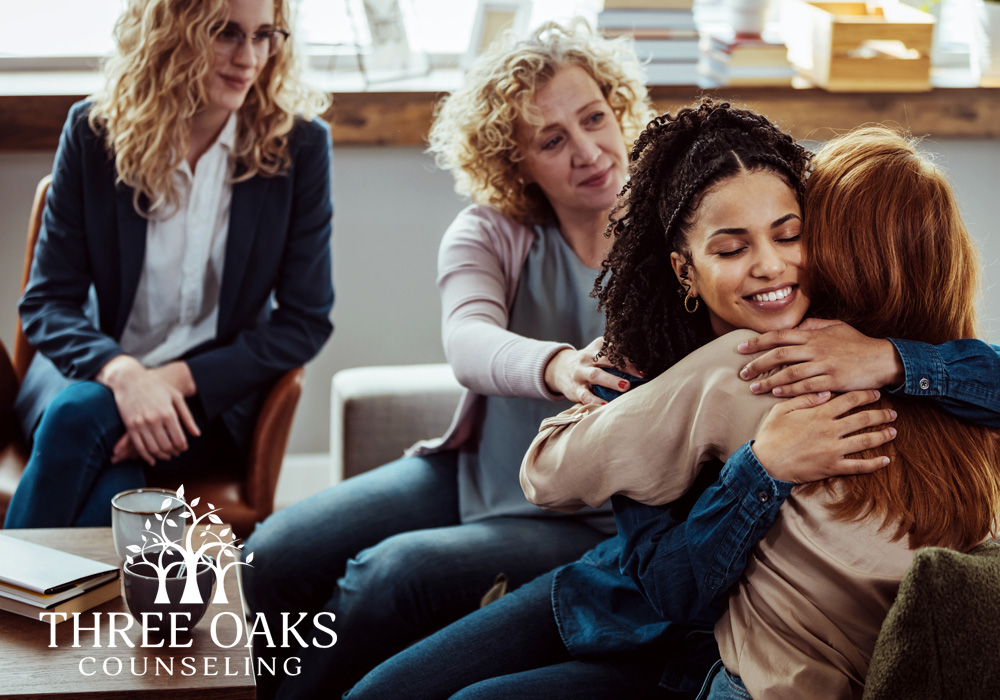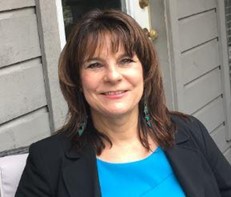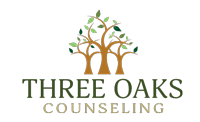Isolation and Recovery Are Mutually Exclusive – Learn To Ask For Help

So many people in our culture see asking for help as a sign of weakness. I was raised to “keep it in the family” and to not “air our dirty laundry”. Is it any wonder that I was well into my twenties before I realized that this is not emotionally or mentally healthy? We all need to consider others outside of our family system as a potential source of help and guidance. Once we can do that, we can begin to heal.
We heal because others are able to provide objectivity, support, and clarity that we aren’t able to achieve on our own.
Throughout my years as a clinician, I have heard all kinds of reasons why my struggling clients don’t ask for help. Here are a few…..
- Others will judge me
- It won’t help
- If I get better then I won’t be able to drink again.
- I will be humiliated.
- Everyone always lets me down anyways.
- I tried before and it didn’t help.
- My problems don’t matter.
- I don’t want to bother anyone.
- I have to be strong and figure it out on my own.
- My family will be mad if I ask for help from anyone other than them.
- Whenever I have asked for help, I get rejected.
- No one could possibly understand.
Get outside of your comfort zone
Recovery means increasing healthy coping strategies to manage life on its own terms but without self-medicating or self-harming. Like any new skill, it takes practice. Go ahead and “try on” new behaviors!
When I work with my client, we start out in small ways, such as role playing the act of asking for help from someone you trust. Rehearsal prepares you for the real life event. We also prepare for possible responses and the feelings that may come up as a result. You may feel rejection, hurt or even anger if someone is unable to meet your request. It is important to explore any emotional obstacles that may surface from the experience.
When asking for help, be specific about the kind of help you are looking for. If you want someone to listen to you without giving you advice, then you need to request that up front. It may be safer to begin with a physical request rather than an emotional one. For example, you can ask a friend for a ride. The goal is to move towards connecting with others, however miniscule, and to build on this skill. And don’t give up if the first person tells you “no”! Be persistent and call someone else.
And remember, when you ask for help, you do not have to tell someone “your life story”. As you practice asking for help, keep building your support system and ask new people along the way. Use assertiveness skills and avoid being aggressive or passive to get your needs met. Always keep phone numbers of safe people with you so that you can call on them when hard times emerge.
Replace maladaptive coping strategies with healthy ones
Building on healthy coping strategies to replace compulsive, destructive behaviors is essential to positive change. “Try on” new behaviors for at least 30 days so that you can develop new ways to respond to stress. Some of my favorite ways to cope are:
- Meditation
- Staying in the present
- Remembering to breathe
- Getting a massage
- Saying self-affirmations out loud in front of the mirror
- Spending time with my dog
- Staying connected to safe people
- Sports activities
- Making a gratitude list
- Help another person who is in distress
- Exercising
- Validating my feelings
Keep a journal
Journal about your successes and reflect on what you could have done differently when your old, negative, default behaviors took over. Change is hardest when strong emotions are present.
Learn from your experiences without “beating yourself up” when it doesn’t go just right.
Address mental health issues
Recovery becomes even more complicated when addiction is accompanied by mental health issues like depression and anxiety. Often, in an effort to self-medicate mental health symptoms, substance-use or other process addictions are activated. I have found that addictive behaviors will typically worsen as a result of un-treated depression, anxiety, or other mental health issues.
Therapy can be a great place to begin working on new skills needed in recovery
Take a risk and ask for help! Call Three Oaks Counseling & Psychiatry Group at 512-710-0551 to set up an appointment with an experienced therapist who will help you on your journey towards positive change!
Article by Linda Mikesic, LCSW, LCDC, SAP
Specialist in Addiction and Mental Health


